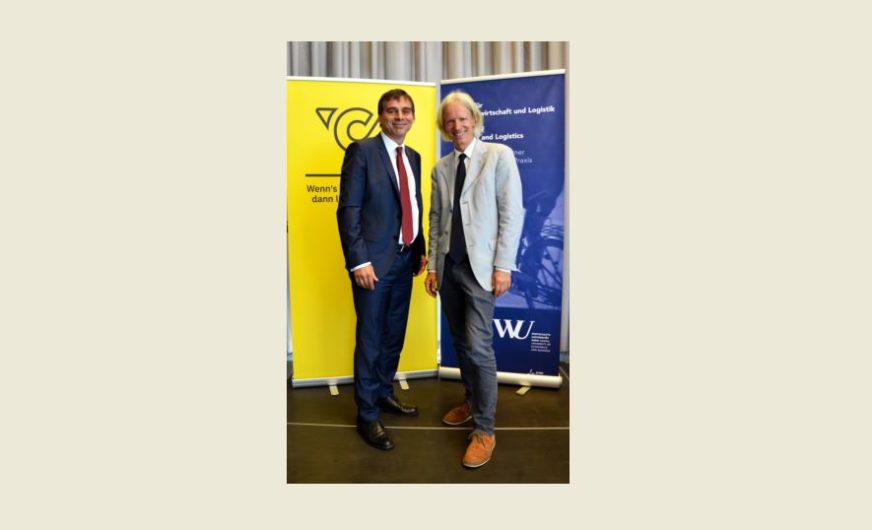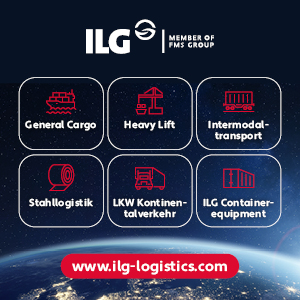On behalf of Österreichische Post AG, the Institute for Transport Economics and Logistics of the Vienna University of Economics and Business under the leadership of Univ.Prof. Dr. Sebastian Kummer conducted a study on the subject of City Logistics in Vienna. The aim was to find out to what extent the CEP service providers actually contribute to the total traffic volume in Vienna.
At 86.5 percent, passenger car traffic continues to occupy the inglorious first place in city traffic. The CEP service providers make up only 0.8 percent of the total traffic in Vienna. The share of vans of craftsmen and technicians is 6 percent. This small proportion of CEP service providers means that traffic congestion is not due to CEP services.
The study also shows that transport policy measures in the passenger car sector have a much greater impact than measures in the commercial sector due to their high share of total traffic. Restrictive measures in commercial traffic, such as driving or parking bans, would negatively affect the profitability of (small) companies, says Prof. Kummer.
A focus on the utilisation of vehicles contributes to the further relief of the total traffic. This utilisation is already a core competence in the CEP area, and the degree of consolidation of parcel and letter mail is also at a high level, as Prof. Kummer confirms.
Another measure is the use of alternative drives such as e-cargo bicycles. Austrian Post is currently testing e-cargo bicycles; the pilot phase should be completed by the end of November 2019, as announced by Peter Umundum, Member of the Board of Management, Parcel & Logistics of Österreichische Post AG.












